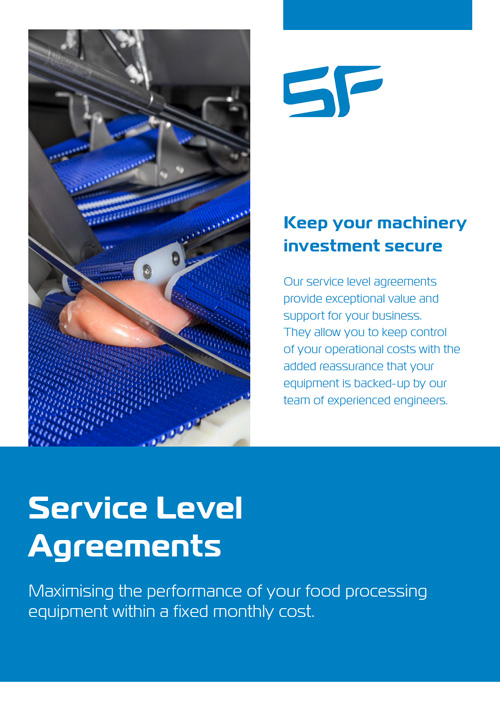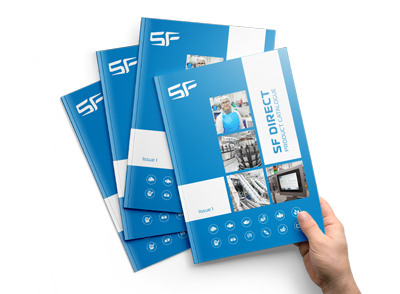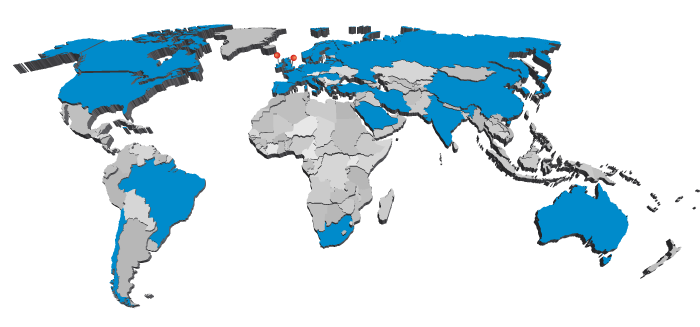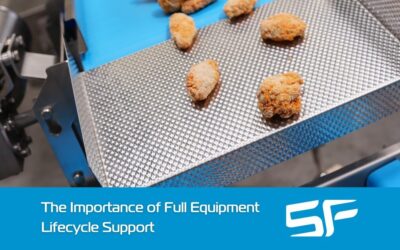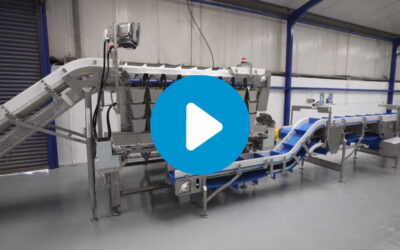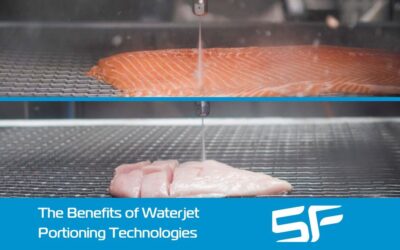7 Priorities for Making the Fish Processing Industry More Sustainable
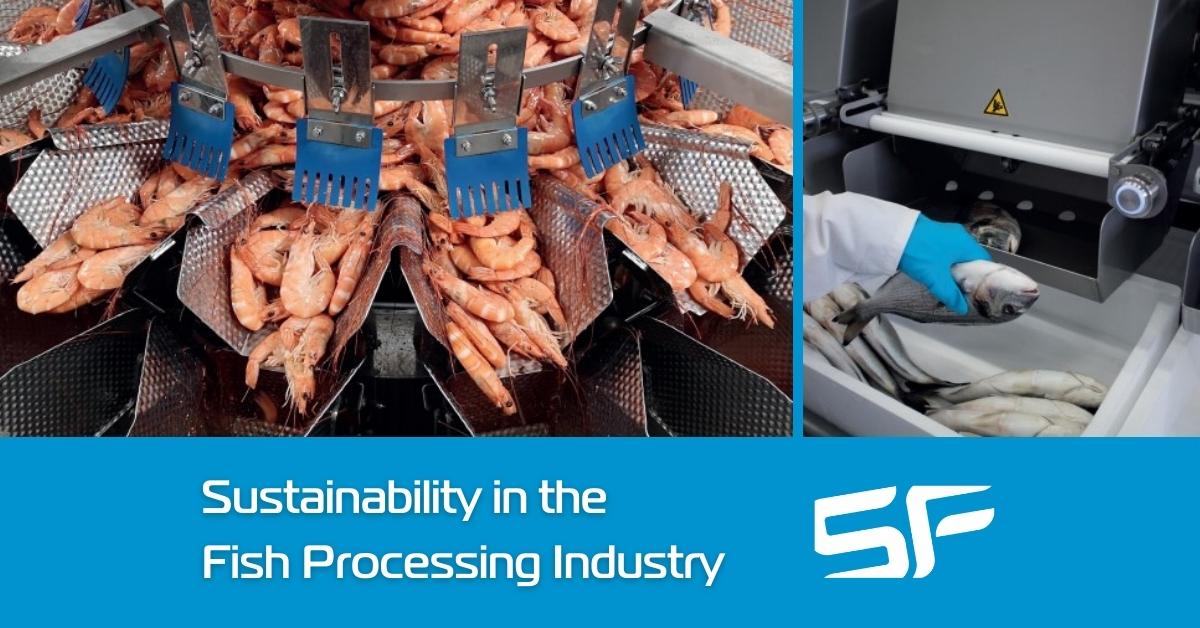
Sustainability is important across all areas of food production, but the seafood sector has a bigger spotlight on it than most others. Looking at fish processing specifically, how can we improve sustainability? The following seven points rank high on the priority list.
1. Reducing Energy Consumption
There is a push to minimise energy consumption across society, in addition to the drive to use energy from sustainable sources. How can this be achieved in fish processing facilities?
Examples of things the fish processing industry can do to reduce energy consumption include:
- Ensuring new machines and production line solutions are as energy efficient as possible
- Exploring ways to reduce transport-related energy costs, particularly in the supply chain
- Assessing energy consumption across the entire business, not just on the factory floor
2. Reducing Water Usage
Reducing water usage is important both on the production line as well as in cleaning processes.
Minimising water use is also a good example of a sustainability priority that delivers significant business benefits too. At SF Engineering, for example, we make sure the fish processing solutions that we manufacture are as easy to clean as possible. Not only does this minimise the amount of water used, but the cleaning process also takes less time, improving efficiency and reducing costs.
3. Reducing Waste
The human population, particularly in Europe, produces far too much waste. The seafood industry contributes to this excess waste, so taking steps to reduce it should be a priority. Some of the ways fish processors can reduce waste include:
- Optimising the use of raw materials by maximising yield through, for example, optimising the grading, portioning, filleting, cutting, skinning, and trimming of fish on production lines.
- Implementing production line solutions that make use of by-products that not only reduce waste but also create additional revenue streams for fish processors.
- Taking steps to improve the shelf-life of products.
4. Enhanced Traceability
Traceability is important for sustainability as well as for food safety, brand reputation, and product quality.
Improving traceability in the digital world typically involves making better use of data and software solutions that accurately track products from the sea/river to the supermarket. This data is processed automatically, improving efficiency further and eliminating human error.
5. Continuing the Move to Environmentally Friendly Packaging
While there are challenges moving away from plastics in food packaging, advances have been made and new solutions continue to be developed. That focus on moving towards environmentally friendly packaging should continue.
6. Ensuring Food Safety
Food safety is another important feature of fish processing sustainability. One of the ways that food safety can be improved on fish processing lines is through the use of automated processes (to minimise the risk of human contamination or error) and advanced production line equipment.
The latter includes X-ray and metal detection technologies to identify contaminants and foreign materials, therefore improving food safety and the quality of products you produce. These technologies are also significantly more effective at accurately identifying contaminants and foreign materials than the equivalent manual processes.
7. Optimising Manufacturing Footprints
New technologies, equipment, and production line innovations present a range of opportunities for fish processors. It is often important that these new solutions are implemented within existing manufacturing footprints. Not only does this deliver benefits for the business, but it also helps achieve sustainability objectives.
Ongoing Sustainability Efforts
Making fish processing more sustainable can’t be done overnight. It is an ongoing process that requires continual improvement. It is also important that you work with partners that prioritise sustainability and have experience delivering solutions with sustainability features.
Please get in touch with us to speak to a member of our team about how we can help improve your fish processing lines, including making production more sustainable in your facility.
